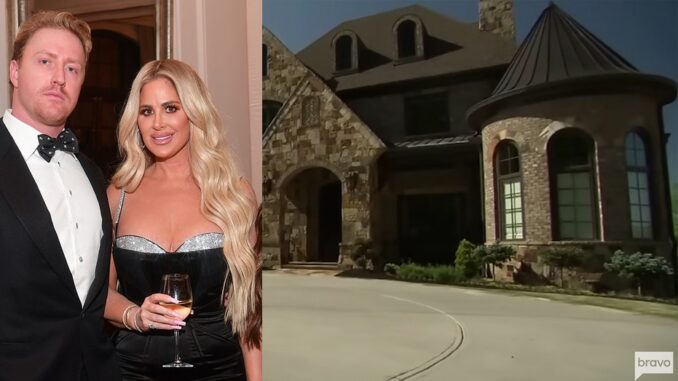
The Gilded Cage: How Do You Have Millions and Still Face Foreclosure?
The headline hits with the force of an absurd paradox: "Millionaire Faces Foreclosure." It rattles our deepest assumptions about wealth, security, and the very concept of financial freedom. How can the same person who commands a fortune, who seemingly holds the golden key to endless possibility, find themselves on the precipice of losing the most fundamental symbol of stability – their home? The answer lies not in a lack of wealth, but in its often deceptive form, its entanglements, and the insidious forces that can turn a king's ransom into a house of cards.
The most common culprit in this bewildering scenario is the distinction between net worth and liquidity. A person can indeed be a millionaire, or even a multi-millionaire, but have their entire fortune "locked up" in illiquid assets. Imagine the art collector whose sprawling estate is filled with masterworks valued at tens of millions. Their net worth is astronomical. Yet, if their income streams suddenly dry up – perhaps a business failure, a market downturn, or a hefty lawsuit – they might find themselves unable to pay the property taxes, the maintenance costs, or even the mortgage on that very estate. Selling a Picasso is not like cashing a check; it can take months, even years, to find a buyer willing to pay market value. In the interim, the bank’s demands for monthly payments are relentless, indifferent to the treasures hanging on the walls.
Another potent, often self-inflicted, wound is excessive leverage and the relentless march of lifestyle inflation. Many millionaires build their empires on borrowed money – a savvy business strategy when things are going well. They might own multiple luxury properties, each with a substantial mortgage; their businesses might operate on large lines of credit. As long as revenues flow and asset values appreciate, they are titans. But an economic downturn, a shift in interest rates, or a significant loss in a key investment can turn those manageable debts into crushing burdens. Add to this the phenomenon of lifestyle creep: private jets, luxury cars, live-in staff, elite schools, designer wardrobes. These expenses are often budgeted for assuming a steady, robust cash flow. When that flow falters, the "millionaire" is faced with astronomical fixed costs that far outstrip their dwindling liquid funds, leaving them no choice but to default on the very loans that bought them their opulent lifestyle. The mansion, once a symbol of their success, becomes a gilded cage, too expensive to maintain, too complex to sell quickly.
Then there are the unforeseen catastrophes and the blind spots of financial neglect. Life has a cruel way of delivering unexpected blows, even to the wealthy. A crippling medical emergency without adequate insurance, a ruinous divorce settlement, a catastrophic business lawsuit, or a major investment scam can decimate liquid assets and leave a millionaire scrambling. Furthermore, some individuals, particularly those who amassed wealth quickly (like lottery winners or sudden inheritors), lack the financial literacy or discipline to manage their newfound fortunes. They might spend lavishly, fail to create emergency funds, or neglect to monitor their balance sheets, assuming that "millions" are an infinite wellspring. They confuse a high net worth with perpetual cash flow, only realizing their mistake when the monthly bills for their oversized mansion outstrip their remaining liquid capital, pushing them inexorably towards foreclosure.
Finally, there’s the subtle, often tragic, element of pride and illusion. For some, admitting financial distress is an unimaginable blow to their carefully constructed image. They might cling to the appearance of wealth, continuing to spend and maintain their lavish homes, even as the walls close in, rather than liquidate assets early or seek help. The magnificent estate becomes a desperate facade, its sprawling gardens and grand halls echoing with the quiet dread of an impending auctioneer’s hammer. They are millionaires on paper, but paupers in their bank accounts, trapped by the very prestige they worked so hard to achieve.
The tale of the millionaire facing foreclosure is a stark, humbling reminder that wealth is not a static state of invincibility. It is a dynamic force, subject to market whims, personal decisions, and the unpredictable currents of life. It illustrates that true financial security lies not just in the accumulation of assets, but in their liquidity, their prudent management, and a realistic understanding of cash flow. For those staring down the barrel of losing their grand homes despite immense theoretical wealth, the millions become a phantom, a mocking whisper of what they once possessed, entombed within the very walls they can no longer afford to call their own.